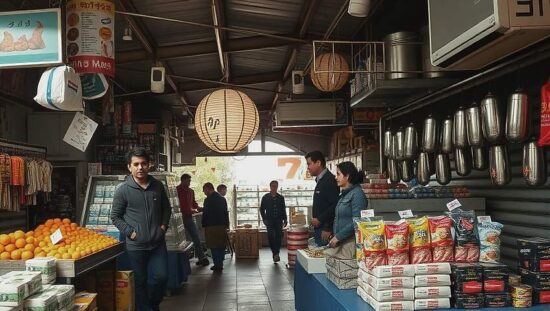Germany’s Finance Minister, Lars Klingbeil, is signaling a significant shift in Berlin’s approach to trade relations with China, intensifying pressure for Beijing to ensure goods exported to Europe adhere to stringent quality and safety standards. During a visit to Shanghai, Klingbeil voiced concerns over the influx of inexpensive Chinese products inundating the European market, describing them as “cheap goods flooding Europe.
Speaking to RTL and ntv, Klingbeil emphasized the need to protect European consumers, highlighting concerns over the safety and quality of many imported goods. While advocating for maintaining market access for Chinese products, he stressed that existing European requirements must be rigorously enforced. The announcement marks a hardening stance, with Klingbeil indicating a move towards greater scrutiny and potential sanctions for non-compliance.
The minister’s comments come amid growing political debate within Germany and across the EU regarding the impact of rapidly expanding online retailers like Temu, whose business model relies heavily on low-cost Chinese imports. Klingbeil explicitly stated he has no intention of patronizing such platforms, underscoring the government’s desire to lessen their appeal to German consumers.
Beyond heightened enforcement of existing regulations, the government is considering additional measures to disincentivize the purchase of inexpensive Chinese goods. These include the introduction of a “handling fee” applied to each incoming package – essentially a small tax on imports – and the complete elimination of the current €150 de minimis threshold for customs duties. The latter move would significantly increase the cost of smaller imported packages, directly impacting consumer prices and potentially dampening demand for goods sourced from online retailers like Temu.
Critics, however, are questioning the effectiveness of these proposed measures, arguing they risk escalating trade tensions with China and potentially harming German exporters who rely on the Chinese market. Furthermore, some economists warn that the handling fee could disproportionately impact smaller businesses and consumers. The measures also face potential legal challenges, requiring detailed justification and alignment with existing trade agreements.
The move represents a delicate balancing act for the German government, aiming to protect domestic consumers and industries while navigating a complex and crucially important economic relationship with China.





